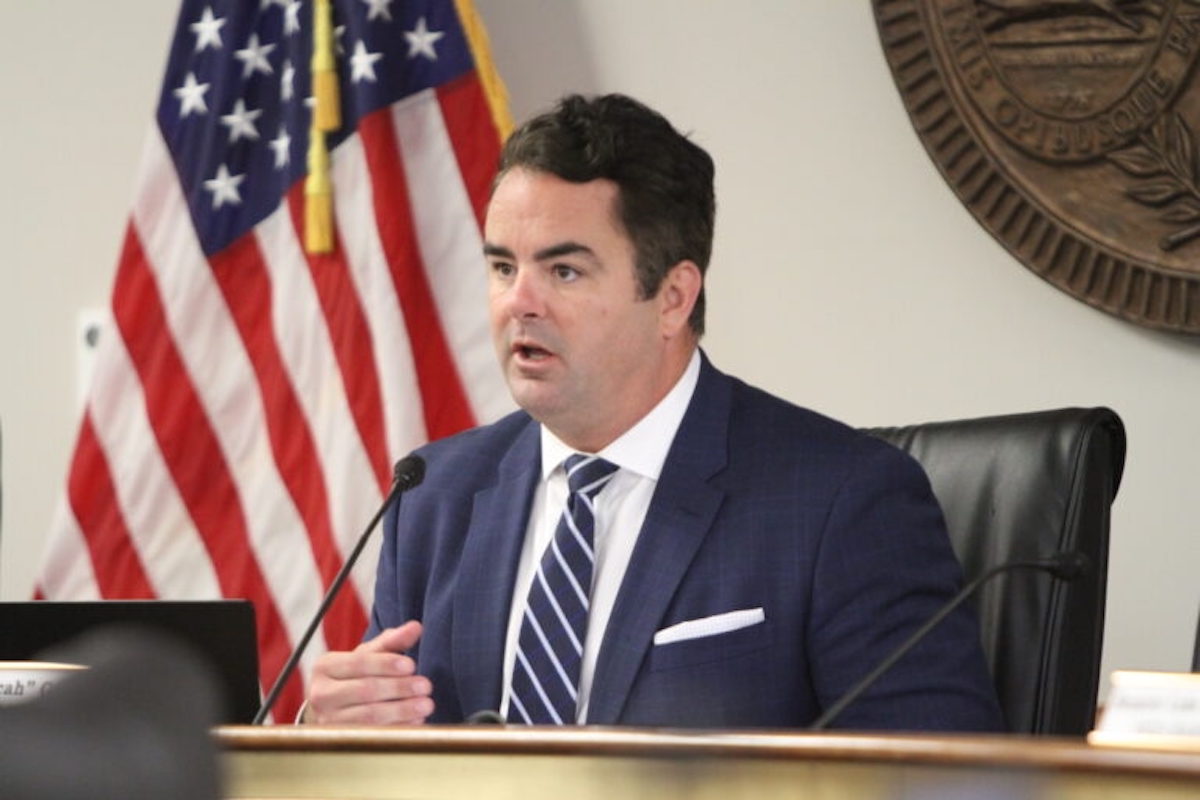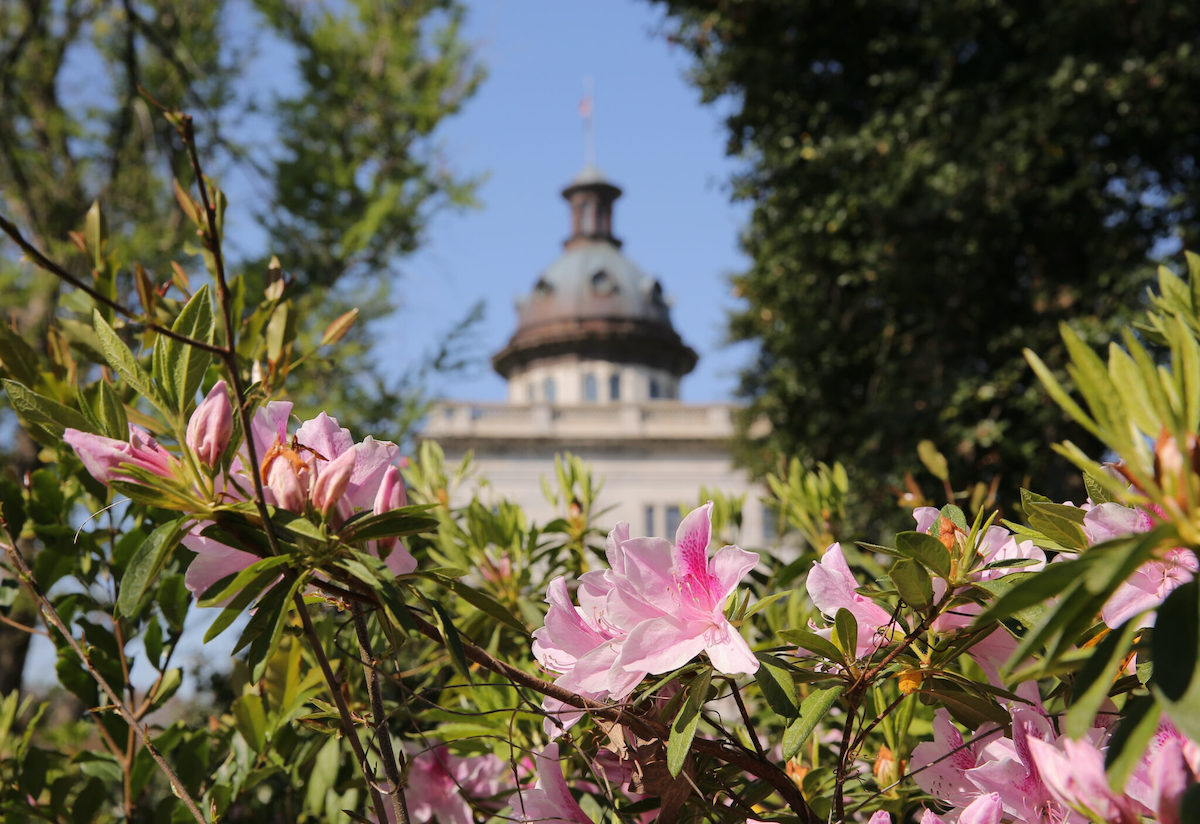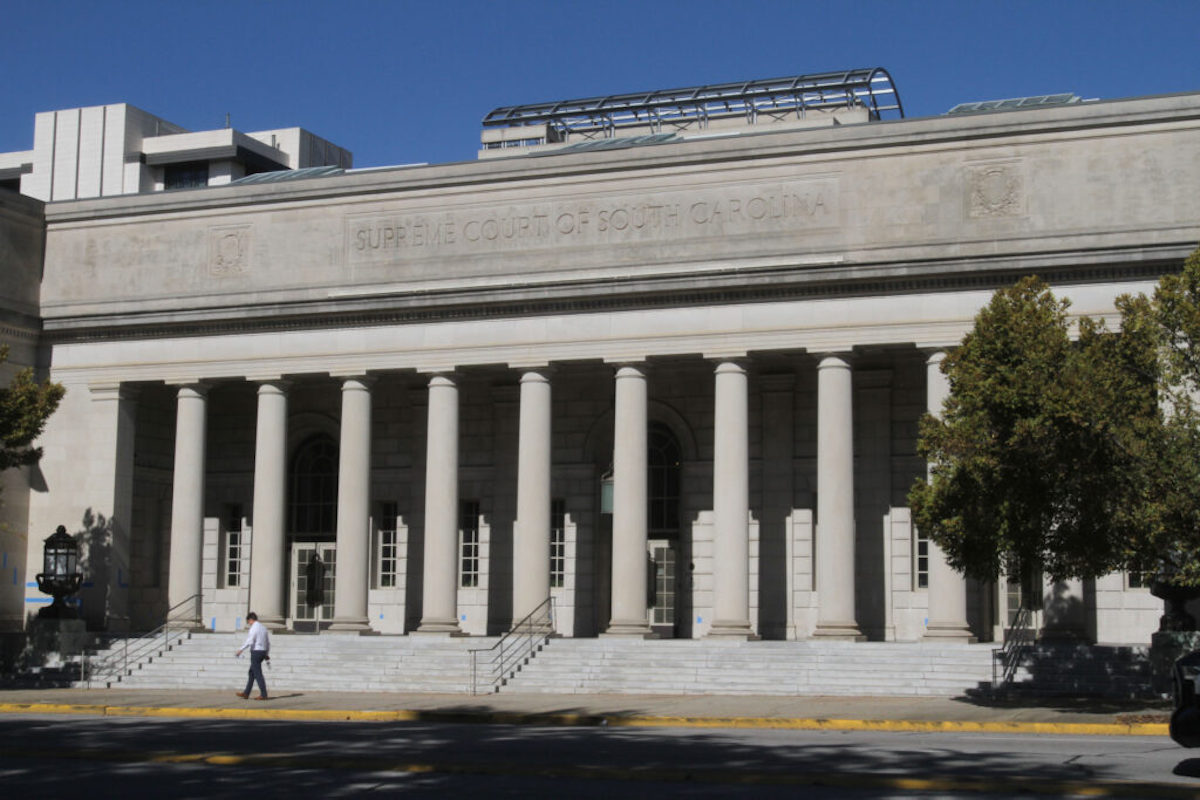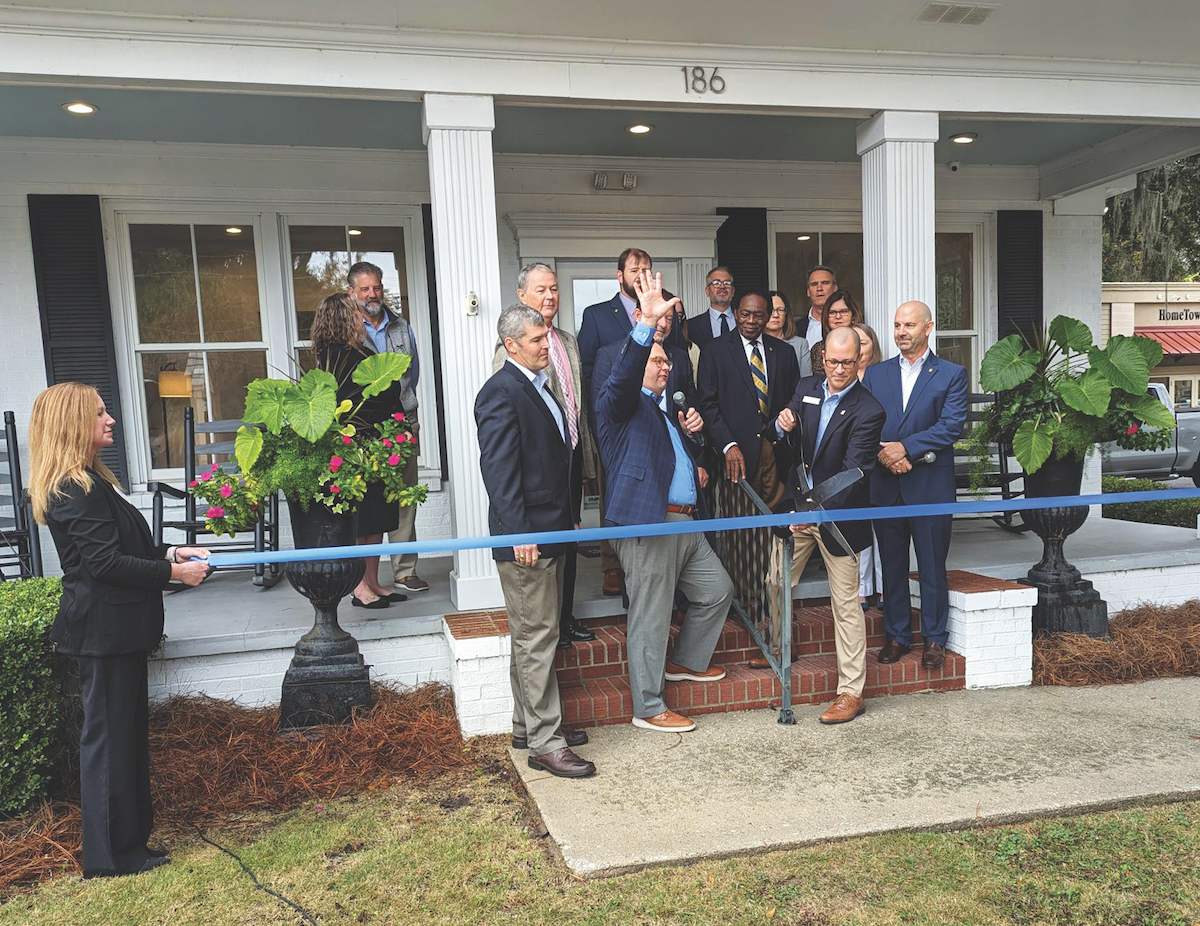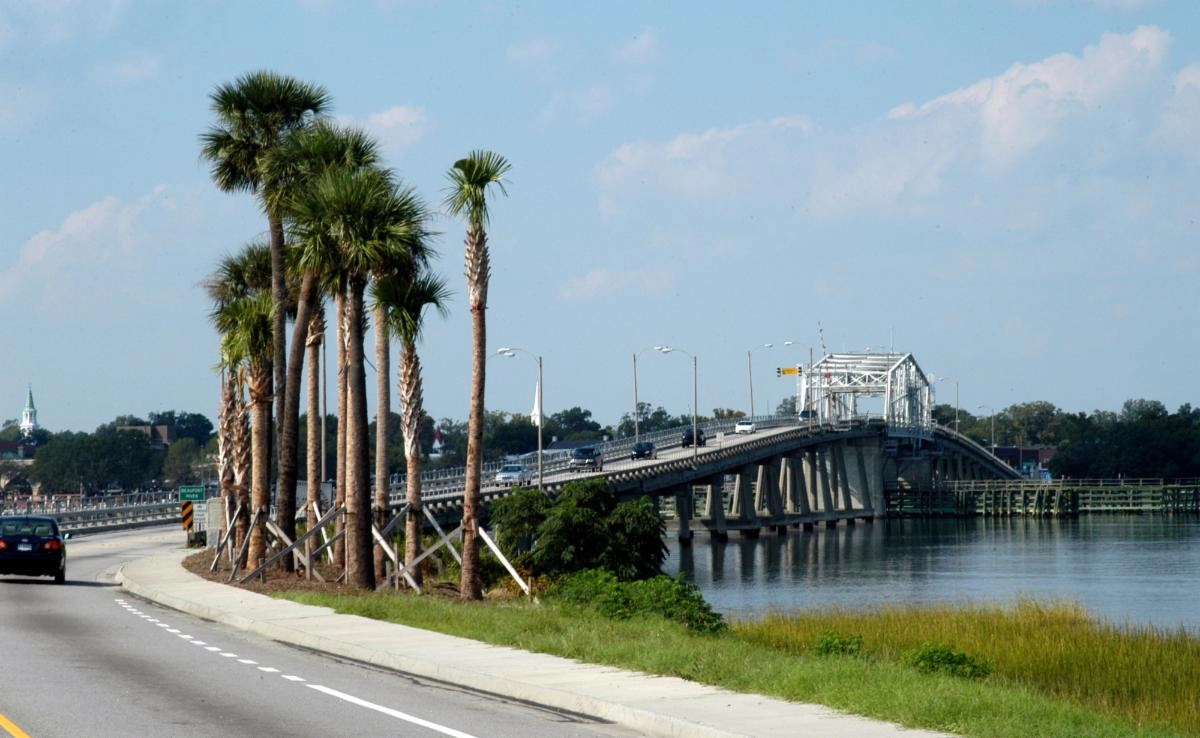COLUMBIA — Legislators have too much power over South Carolina’s judges, allowing for decisions that erode the public’s trust in decisions from the bench, some of the state’s chief prosecutors told a legislative panel studying potential changes.
Prosecutors reiterated their call Tuesday, Nov. 14 to let the governor appoint the people who decide which judicial candidates advance to the Legislature for a vote.
In South Carolina, the 10-member panel of attorneys that screens candidates for the bench includes six legislators — three each from the House and Senate. They decide who’s qualified, and they pick a maximum of three candidates to forward for each election.
But letting lawyer-legislators question the very judges they’ll likely appear in front of later in court creates, at the very least, the appearance of impropriety, said Republican state Attorney General Alan Wilson and two solicitors: Democrat David Pascoe and Republican Kevin Brackett.
South Carolina is one of only two states where the Legislature selects nearly all judges.
A series of high-profile cases put the issue back in the spotlight.
Several involved House Minority Leader Todd Rutherford, a Columbia defense attorney who brokered deals to get his clients freed years early.
The freeing of his client Jeroid Price, 16 years early, ultimately resulted in the state Supreme Court ordering the convicted killer back in prison earlier this year. Rutherford has said Price was released in exchange for telling officers about another prisoner who escaped and was later captured.
Public trust
The two solicitors presented years’ worth of cases in which they argued legislators used their lawyer-legislator status to postpone hearings and shift verdicts in their favor. They did not cite names in most cases.
Legislators can be excused from court during the legislative session, allowing their clients to stay out of jail on bond for delay after delay, said Brackett, chief prosecutor for York and Union counties, and Pascoe, chief prosecutor for Calhoun, Dorchester and Orangeburg counties.
They also argued judges may rule differently for a legislator-lawyer out of fear of losing their job.
Pascoe acknowledged it’s impossible to know whether a verdict would have been different. But to the public, he said, it certainly looks like judges give lawyer-legislators special treatment.
“I don’t believe that is true, but that’s how they feel,” Wilson said about the public perception.
In response, legislators on the study committee called for hard data, not just anecdotes.
They questioned whether the appearance of influence should be treated the same as actual influence.
“At some point, don’t we have to trust that there are backstops?” said Rep. Spencer Wetmore, an attorney and Democrat from Folly Beach
Minimizing influence
Wilson and the two solicitors called for removing all legislators from the 10-member screening commission.
“It’s a very simple fix,” Pascoe said.
Wilson and Brackett went further in recommending the governor appoint people to the screening commission to a maximum length of time. That way, judges won’t appear in front of the same faces when they’re up for re-election.
State Supreme Court Justice John Kittredge, who is set to become South Carolina’s chief justice next year, made a similar suggestion to the committee last week.
“Allowing the governor, the executive branch, to have some say in the appointment process is a healthy thing,” he told the committee Nov. 7.
Legislators questioned whether replacing legislators with gubernatorial appointees would really fix the problems, or if it would merely shift the blame.
“I do not see how you can have a lawyer who sits on the (commission) who does not carry with himself or herself the potential appearance of a conflict of interest,” said Rep. Micah Caskey, a West Columbia Republican and attorney who chairs the Judicial Merit Selection Commission. “I don’t see how you can resolve that.”
One possibility, Brackett said, would be to draw from a pool of retired lawyers and judges, assigning them randomly to judicial candidates from different parts of the state to decrease the likelihood of them knowing each other.
“All you can do is minimize (influence),” Brackett said. “We can certainly do a better job of minimizing it from what we’re doing now.”
Skylar Laird covers the South Carolina Legislature and criminal justice issues. Originally from Missouri, she previously worked for The Post and Courier’s Columbia bureau.


